Haas F1 Team’s 2017 challenger in the FIA Formula One World Championship, the VF-17, made its official debut today via the organization’s social media platforms and website. It hits the track Monday for the first day of preseason testing at Circuit de Barcelona – Catalunya.
The VF-17 follows the team’s very first car, the VF-16, which carried Haas F1 Team to an eighth-place finish in the 2016 constructor standings. Twenty-nine points were scored by the VF-16 during Haas F1 Team’s inaugural season, the largest points haul of any new Formula One team in this millennium.
Click here to subscribe to our print edition!
Incorporating “VF” into the name of the car is a nod to the history of Haas Automation, the team’s title sponsor. The first CNC machine manufactured by Haas Automation was the VF-1 in 1988. The “V” stands for vertical, which is an industry standard designation for a vertical mill. Gene Haas, founder of Haas Automation, added “F1” to the name to unofficially designate it as the company’s “Very First One”.
As chairman of Haas F1 Team, the “F1” moniker of that first machine takes on added significance as Haas prepares for its second Formula One season.
Being a Formula One participant brings a level of credibility that you just won’t get through traditional advertising.
“People are kind of ‘show me’ people, like show me what you can do and then I’ll believe in you. That was the initial concept – to convince people of our ability to do things others can’t, and I think that translates into being a machine tool builder.
“Bigger, Better, Faster, Lighter is what we strive for in the machining industry and it’s what we strive for in motorsports. People see what we can do in Formula One, and people believe Haas Automation can build world-class machine tools.”
The VF-17 was built under a new set of technical regulations featuring an advanced aerodynamic package designed to create a higher level of downforce. A wider front wing, larger barge boards, a lower and wider rear wing and a diffuser that expands 50 millimeters (two inches) in height and width comprise the changes, along with wider tires from Pirelli, by 60 millimeters (2.4 inches) in the front and 80 millimeters (3.1 inches) in the rear, a 25-percent increase to bring the front tires to 305 millimeters (12 inches) and the rear tires to 405 millimeters (15.9 inches).
The #VF17 has arrived! And now, the first video of the @Haas_Automation car has also arrived.
🎥🎥: https://t.co/GzQOwF25ij pic.twitter.com/FDaixe4Z6m
— Haas F1 Team (@HaasF1Team) February 26, 2017
“I think the pedal box is the same, but all the rest is very different from last year’s car,” said Guenther Steiner, team principal, Haas F1 Team. “You always try to make a faster car, which is normally a lighter car. Now we can put on more ballast and get better weight distribution. The aero is completely new, as are the tires, so we needed to have some built-in adjustability.
“Aesthetically, the car has a more aggressive look. It’s lighter and more aerodynamically efficient. Everything we learned from our first car has been applied to our new car.”
The colors from the original car were carried over to the VF-17, but the overall scheme is different. A dark gray makes up the majority of the livery, with tones of red, black, white and light gray incorporating the look of Haas Automation’s complete line of vertical and horizontal machining centers, turning centers and rotary tables and indexers. Approximately 1,300 employees encompass Haas Automation, with the Oxnard, California-based company exporting its machines to more than 60 countries. The VF-17 showcases Haas Automation’s commitment to technology and innovation to a passionate, global audience.
The VF-17 tests at Barcelona Feb. 27-March 2 and again March 7-10 before the season-opening Australian Grand Prix March 26 in Melbourne.





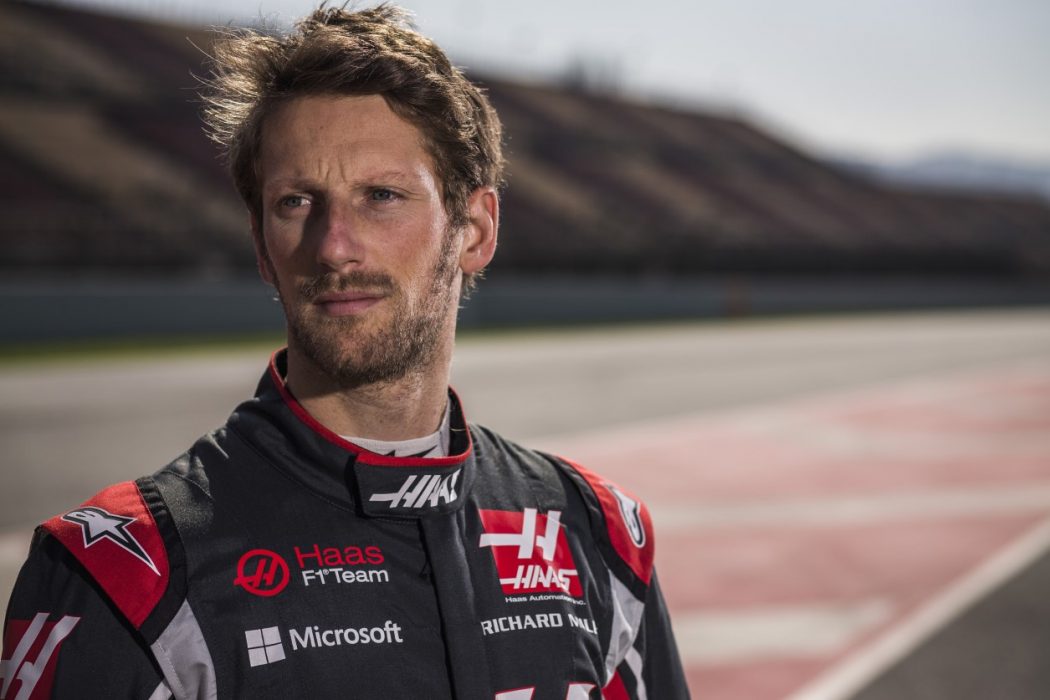
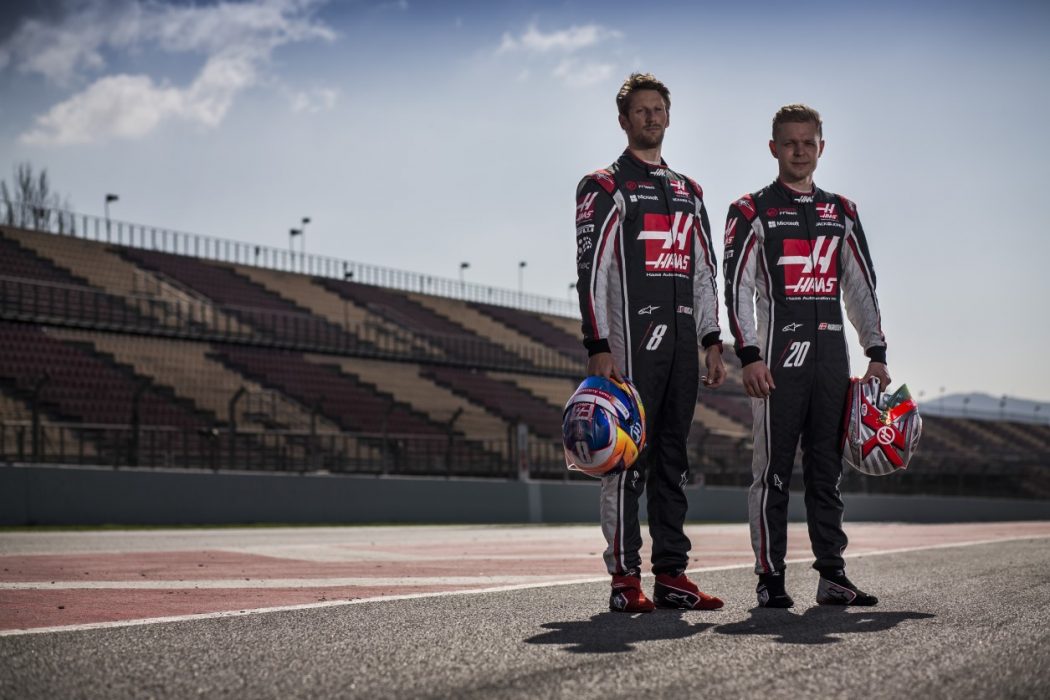


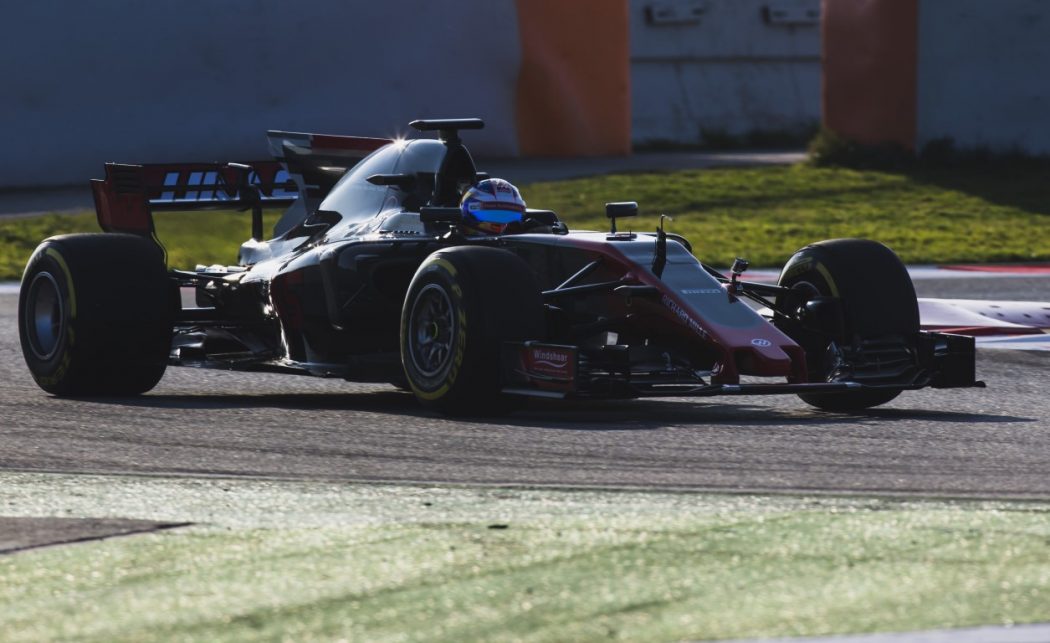
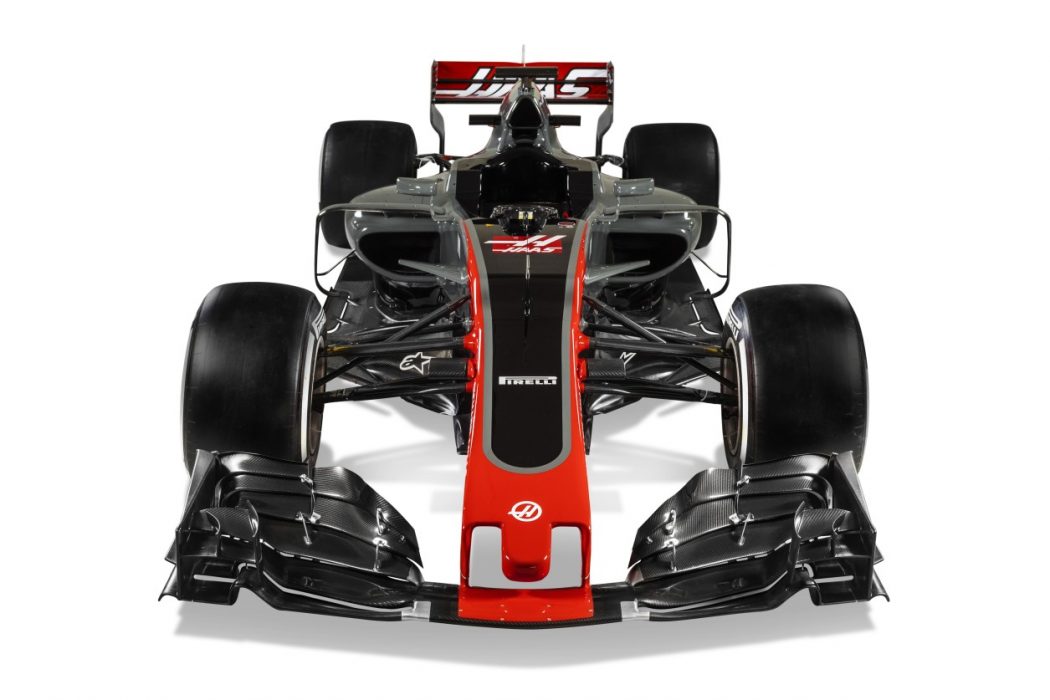

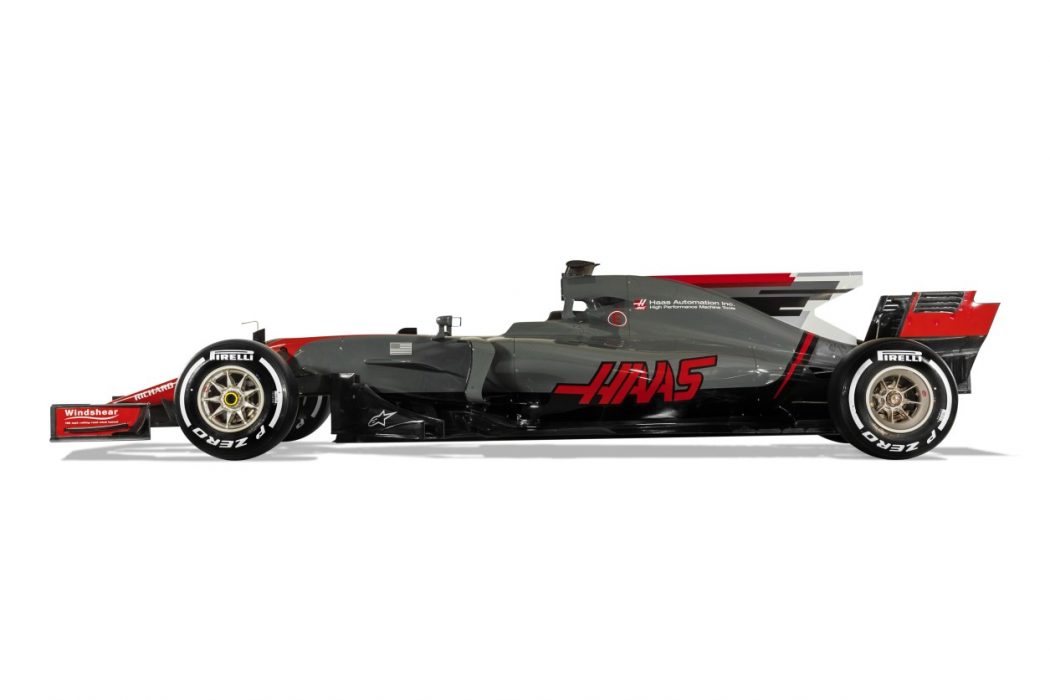

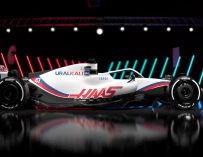




Related Articles